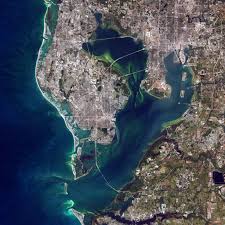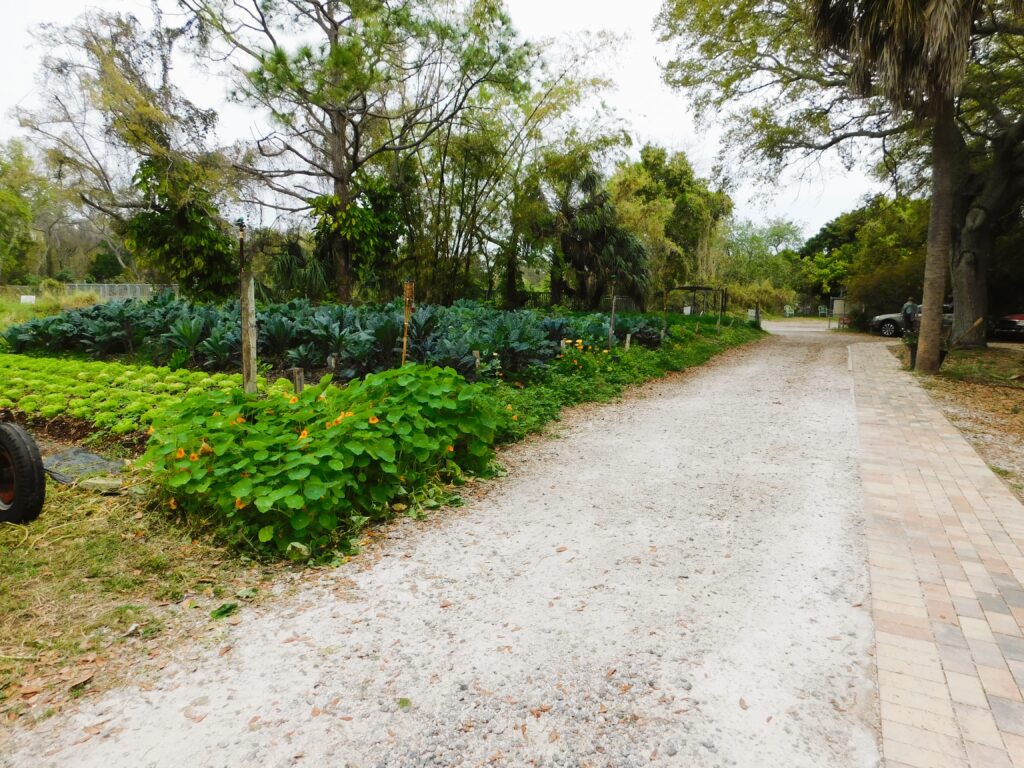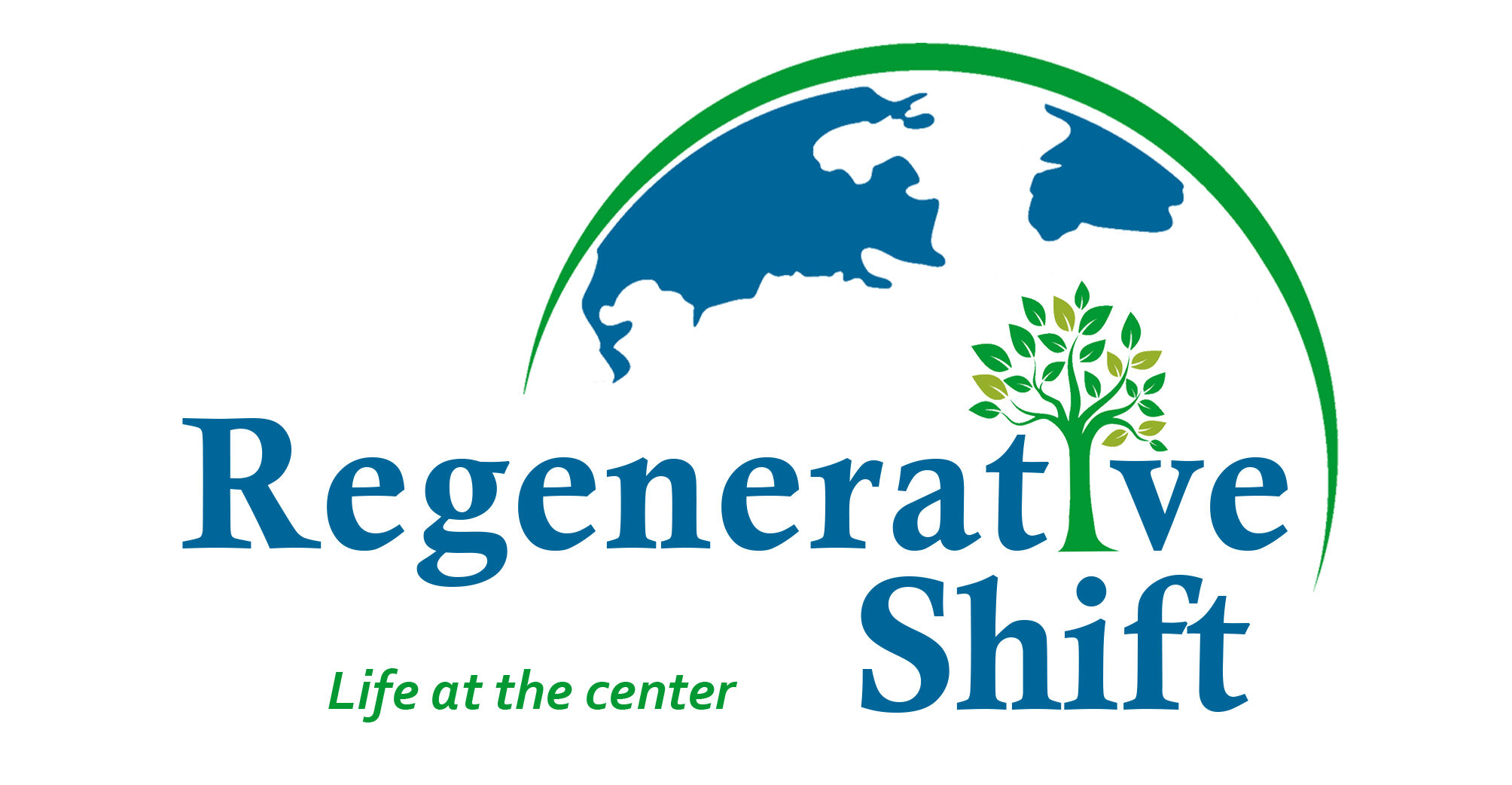
By: Koreen Brennan and Caleb Quaid
In recent years, for a variety of reasons, people have paid more attention to food quality and food security. There are some brilliant solutions available to the Tampa Bay area that may not be well known.
The “regenerative” movement has emerged as a shift in the way we think about our relationship with food and the environment. Regenerative agriculture, which focuses on healing the soil, restoring the water supply, and enhancing long term production, is gaining traction as farmers and policymakers alike look for solutions to reverse the environmental degradation caused by decades of extractive industrial agriculture.
International corporations, such as Walmart and Patagonia are championing their efforts for regenerative supply chains. Local farms such as Sweetwater Organic Community Farm (Town and Country) and 15th Street Farm (St. Petersburg) are implementing regenerative practices to increase soil health, carbon sequestration, and biodiversity as they grow healthy organic produce.

But can it really feed people? Recently, Florida-based author Michael Grunwald published a guest essay to the New York Times called “Sorry, but This Is the Future of Food”, where he posits that the regenerative agriculture transition won’t work if it can’t be done in a way that provides the food we need. He argues that reforms to our industrial system will be more productive than expanding regenerative practices, as industrial systems are often more efficient at producing the food we need.
Grunwald omits discussion of the serious inefficiencies in our current food systems, as well as the power of local food movements. Any food system needs to be able to both feed its people now and continue to do so in the future. In other words, it must be sustainable. Studies by the Rodale Institute and others show that yields from regenerative agriculture and conventional agriculture can be similar, but conventional agriculture depletes precious topsoil and nutrients while injecting poisons into food and our bodies – and into local ecosystems and water supply, resulting in dead bees and red tides. Our current global food system is ripe with waste and inefficiencies. Transporting blueberries from Peru to Maine in the winter, for example, comes with enormous environmental and social costs.
In Tampa Bay, we are fortunate to have the climate to grow food year-round. Through regenerative practices, we can develop a regional food system that feeds our populations delicious, healthy food, while cleaning our water, promoting biodiversity, and sequestering massive amounts of carbon. We can build local networks of large-scale producers, urban farms, and community gardens to develop a regenerative regional food system that strengthens resiliency in Tampa Bay.
In Hillsborough County, Homegrown Hillsborough is leading the way in organizing this local food network, prioritizing in 2025 work around Food Production, Food Access, and Economic Development for local food systems. Local citizens can join work groups to add their input and expertise to the county-level planning through the Homegrown Hillsborough website.
Through the Resilient Land Use working group of the Tampa Bay Regional Planning Council (TBRPC), regional organizing around regenerative food systems will expand in 2025 to include a Resilient & Regenerative Food Systems working group. This working group, which is open to the public to join through the TBRPC website, recognizes that there is no regional resiliency if we can’t feed our population. As we learned through the recent hurricanes, COVID, and other recent supply-chain disruptions, our global food system is fragile, and true resilience comes from local production and integrated distribution.
The University of South Florida is similarly launching a regional Future of Food Think Tank, with working groups to participate in “transforming the health, resiliency, and sustainability of our food system through an interdisciplinary conversation…”
The Tampa region also includes numerous community gardens, school gardens, small farms and other opportunities to support and expand regenerative agriculture in the area. Sustainable Urban Agriculture Coalition (SUAC) in St Petersburg is one example.
Regenerative agriculture is a big puzzle piece in the polycrisis puzzle, and industrial agriculture is demonstrated as unsustainable, so the transition to regeneration should be a priority for those working on our food systems.
Additionally, regenerative principles expand beyond agriculture, as agriculture is one system within larger nested systems of our global web of life. By prioritizing life-centered design to our built environment, natural systems, food systems, and social systems, we can often find relationships that are ripe for growth. Organizations such as Regeneration.org and the Design School for Regenerating Earth (bioregionalearth.org), offer a wealth of knowledge on regeneration, often drawing from indigenous wisdom. The regenerative movement offers optimism and practical solutions in the face of often overwhelming global and local challenges.
The time to embrace regeneration is now. Tampa Bay has the climate, community, and resources to become a national leader in creating resilient, life-centered systems that prioritize the health of people and the planet. Regenerative agriculture, local food networks, and life-centered design are not just solutions to isolated problems; they are interconnected strategies to address the broader polycrisis of environmental degradation, food insecurity, and climate change. By investing in regeneration, we can transform our region into a thriving, sustainable model for the future—one where our actions heal the land, nourish our communities, and leave a lasting legacy of abundance. Let’s seize this opportunity to shift from survival to renewal, and from crisis to regeneration.
About the Authors
Koreen Brennan is an ecodesigner and educator, operating Grow Permaculture, a regenerative homestead and permaculture design school in Brooksville, Fl. She serves on the Board of Permaculture Institute of North America and has worked on large-scale land restoration projects around the world.
Caleb Quaid is the founder of Regenerative Shift, a Tampa-based environmental consulting firm that works with businesses and municipalities on regenerative transitions. He serves as the co-chair of the Resilient Land Use working group with the Tampa Bay Regional Planning Council
